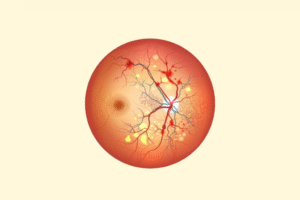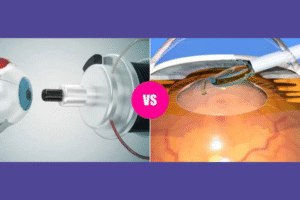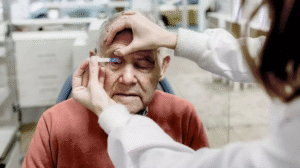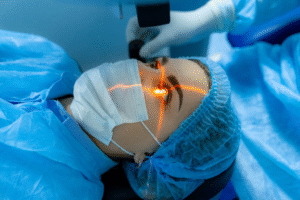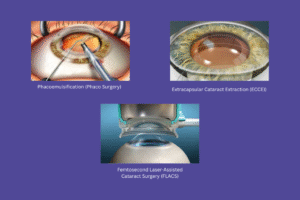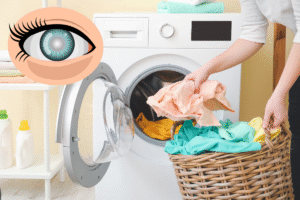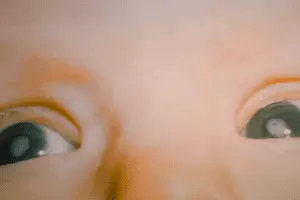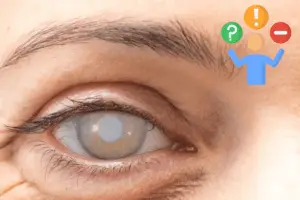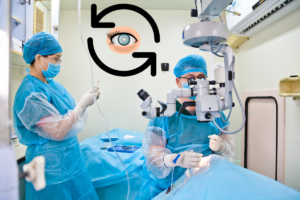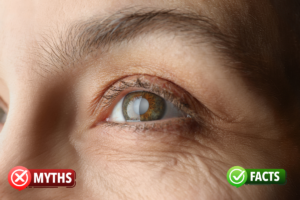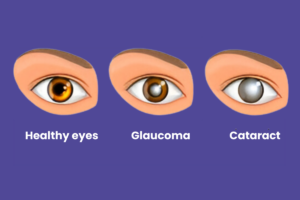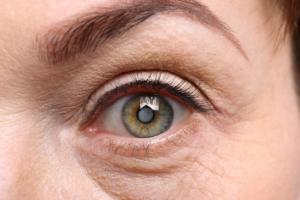Will I need glasses after cataract surgery?
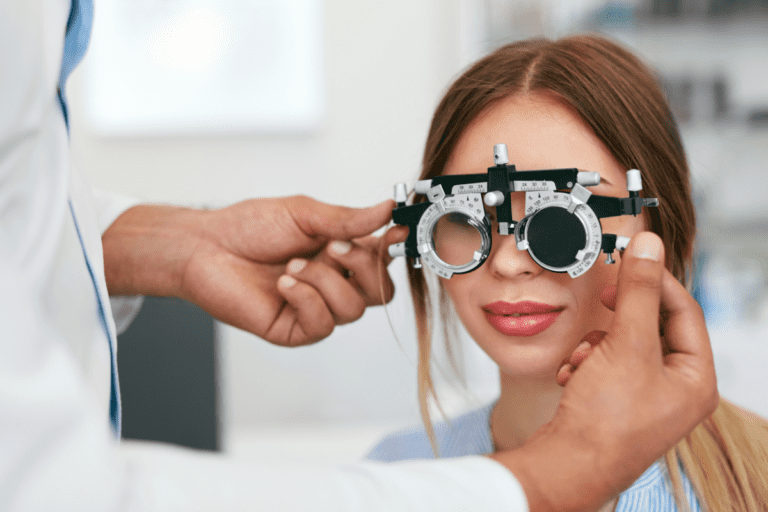
Cataract surgery is one of the most commonly performed and highly successful eye procedures worldwide. Many patients wonder, “Will I need glasses after cataract surgery?” The answer depends on several factors, including the type of intraocular lens (IOL) you choose, your vision goals, and any pre-existing eye conditions. In this blog, we will break down everything you need to know about post-surgery vision and whether glasses will be necessary.
Table of Contents
ToggleUnderstanding cataract surgery & vision correction
Cataract surgery involves removing the cloudy lens of the eye and replacing it with an artificial intraocular lens (IOL). This IOL restores clear vision, but whether you need glasses afterward depends on the type of lens implanted and your specific visual requirements.
Types of Intraocular Lenses (IOLs) & their impact on glasses use
The choice of IOL significantly influences whether you will need glasses after cataract surgery. Here are the most common types:
1. Monofocal IOLs (Standard lenses)
- How they work: Provide clear vision at one fixed distance (near, intermediate, or far).
- Will you need glasses: Yes, most patients will need reading glasses if they choose a monofocal lens for distance vision.
- Best for: Patients who don’t mind wearing glasses for some tasks.
2. Multifocal IOLs (Premium lenses)
- How they work: Offer multiple focal points, allowing for both near and distance vision.
- Will you need glasses: Many patients experience reduced dependence on glasses, but some may still need them for detailed work or night driving.
- Best for: People who want to reduce or eliminate the need for glasses.
3. Toric IOLs (For astigmatism correction)
- How they work: Correct astigmatism while improving distance vision.
- Will you need glasses: Possibly, for reading or detailed near work.
- Best for: Patients with moderate to severe astigmatism.
4. Extended Depth of Focus (EDOF) IOLs
- How they work: Provide a continuous range of vision from distance to intermediate (like computer work) but may require reading glasses for very fine print.
- Will you need glasses: Less dependence, but some may still use them for reading small text.
- Best for: Those who want greater independence from glasses but don’t mind occasional use.
Other factors that influence post-surgery glasses use
- Pre-existing eye conditions: If you have conditions like macular degeneration, diabetic retinopathy, or corneal problems, glasses may still be required post-surgery.
- Residual refractive error: Some patients may have minor prescription needs after surgery, depending on their healing process.
- Personal vision expectations: Some individuals prefer crisp near vision and opt for reading glasses rather than multifocal IOLs.
- Brain adaptation: With premium IOLs, the brain may take time to adjust to new vision patterns.
What if I still need glasses after cataract surgery?
Even if you require glasses after cataract surgery, they are usually for specific tasks like reading, night driving, or detailed work. Here are some solutions:
- Prescription glasses: Custom glasses can fine-tune your vision for clarity and comfort.
- Contact lenses: An option for those who prefer not to wear glasses.
- Laser enhancement (LASIK/PRK): In some cases, a minor laser procedure can refine vision.
Conclusion
For many patients, modern IOL options significantly reduce dependence on glasses after cataract surgery. However, whether you need them depends on your lens choice, pre-existing eye conditions, and personal vision goals. If your goal is complete freedom from glasses, discussing premium IOL options with your ophthalmologist is key.
At Krisha Eye Hospital, we provide expert guidance on cataract surgery and lens selection to help you achieve the best possible vision. Book a consultation today to explore your options and enjoy clear vision with minimal dependence on glasses.
Author bio
Dr. Dhwani Maheshwari, an esteemed ophthalmologist with over 10 years of experience, leads Krisha Eye hospital in Ahmedabad with a commitment to advanced, patient-centered eye care. Specializing in cataract and refractive surgery, Dr. Maheshwari has performed more than a thousand successful surgeries. Her expertise lies in phacoemulsification, a technique recognized for its precision in cataract treatment.
Dr. Maheshwari’s educational journey includes an MBBS from Smt. NHL MMC, a DOMS from M & J Institute of Ophthalmology, and a DNB in Ophthalmology from Mahatme Eye Bank Eye Hospital, Nagpur. She also completed a fellowship in phacoemulsification at Porecha Blindness Trust Hospital, further enhancing her surgical skills. In addition to her work at Krisha Eye Hospital, Dr. Maheshwari serves as a consultant ophthalmologist at Northstar Diagnostic Centre.
Under her leadership, Krisha Eye Hospital aims to bring all superspecialties under one roof, offering comprehensive eye care solutions for all vision needs.
FAQs
Many patients achieve 20/20 vision with premium IOLs, but outcomes vary based on pre-existing conditions and healing.
Vision stabilizes within a few weeks. Some adjustments occur as the brain adapts to new lenses.
In rare cases, IOL exchange or LASIK enhancement may be considered for better vision correction.
Some premium IOLs offer blue light filtering, but additional blue light glasses can be helpful for screen use.
It’s best to wait at least 4-6 weeks post-surgery to allow vision to stabilize before getting new prescription glasses.
Yes, blurry vision, frequent headaches, eye strain, and difficulty focusing are signs that your glasses prescription may need an update.
This depends on the type of IOL used. Some people may need glasses for reading or fine tasks, while others might need them only occasionally.
Regular glasses may no longer be suitable after cataract surgery. A new prescription is typically required once vision stabilizes.
It is generally recommended to wait until your eye is fully healed before using contact lenses. Consult your doctor before switching to contacts.



